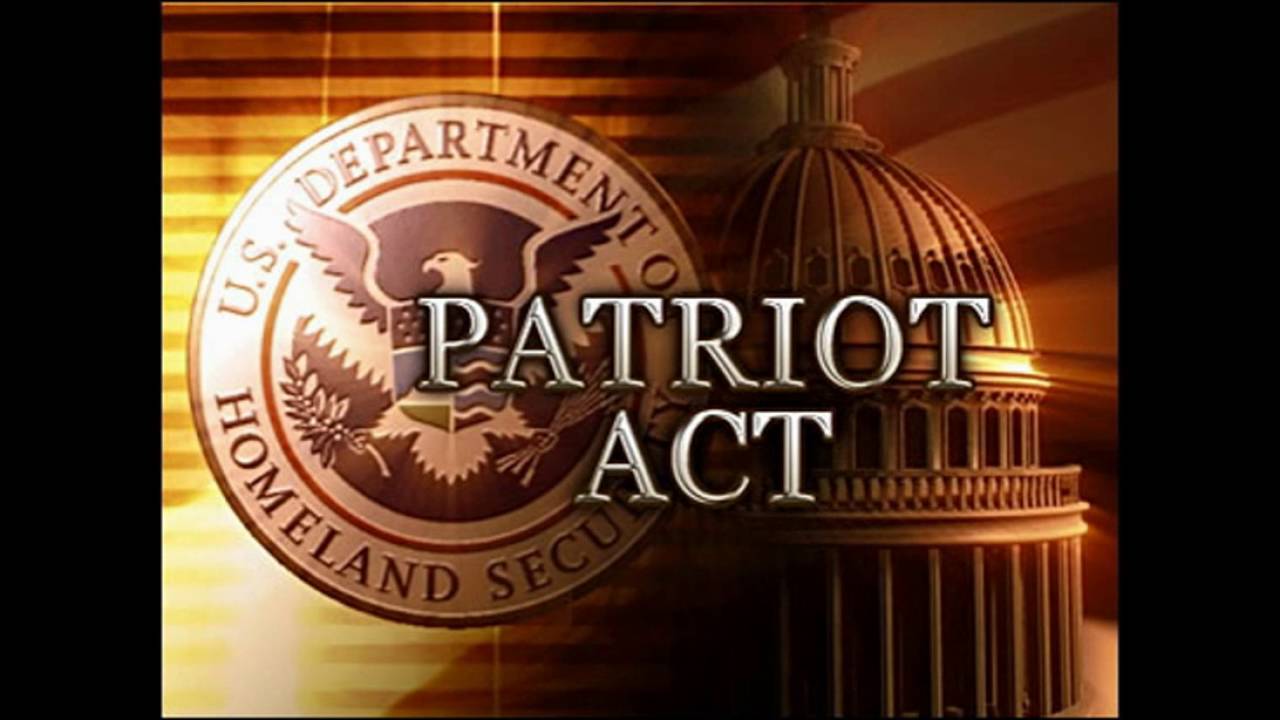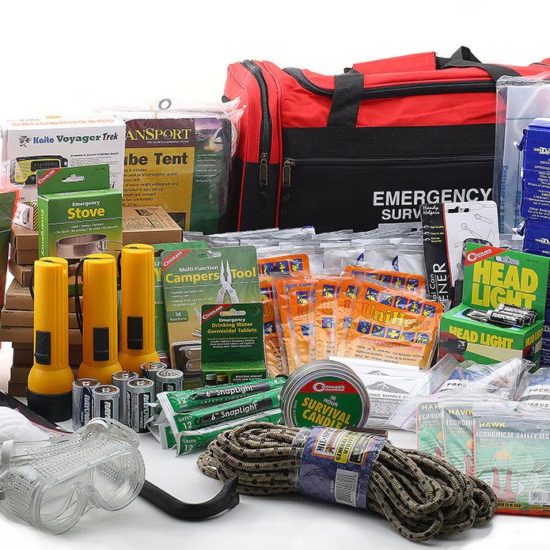
Not too long ago, in the name of protecting national security and guarding against terrorism, President George W. Bush signed into law some of the most sweeping changes to search and surveillance law in modern American history. Unfortunately known as the USA PATRIOT Act, many of its provisions incorporate decidedly unpatriotic principles barred by the First and Fourth Amendments of the Constitution. Provisions of the PATRIOT Act have been used to target innocent Americans and are widely used in investigations that have nothing to do with national security.
Much of the PATRIOT Act was a wish list of changes to surveillance law that Congress had previously rejected because of civil liberties concerns. When reintroduced as the PATRIOT Act after September 11th, those changes — and others — passed with only limited congressional debate.
But how many of us really know just what sort of powers does the PATRIOT Act grant law enforcement when it comes to surveillance and sidestepping due process? Here are three provisions of the PATRIOT Act that were sold to the American public as necessary anti-terrorism measures, but are now used in ways that infringe on ordinary citizens’ rights:
1. SECTION 215 – “ANY TANGIBLE THING”
Under this provision, the FBI can obtain secret court orders for business records and other “tangible things” so long as the FBI says that the records are sought “for an authorized investigation . . . to protect against international terrorism or clandestine intelligence activities.” The Foreign Intelligence Surveillance Court must issue the order if the FBI so certifies, even when there are no facts to back it up. These “things” can include basically anything—driver’s license records, hotel records, car-rental records, apartment-leasing records, credit card records, books, documents, Internet history, and more. Adding insult to injury, Section 215 orders come with a “gag ” prohibiting the recipient from telling anyone, ever, that they received one.
As the New York Times reported, the government may now be using Section 215 orders to obtain “private information about people who have no link to a terrorism or espionage case.” The Justice Department has refused to disclose how they are interpreting the provision, but we do have some indication of how they are using Section 215. While not going into detail, Senator Mark Udall indicated the FBI believes it to allows them “unfettered” access to innocent Americans’ private data, like “a cell phone company’s phone records” in bulk form.
The government’s use of these secret orders is sharply increasing — from 21 orders in 2009 to 96 orders in 2010, an increase of over 400% — and according to a brand new report from the Washington Post, 80% of those requests are for Internet records.
EFF sued the Justice Department to turn over records related to the government’s secret interpretation and use of Section 215, regarding which Senator Ron Wyden, like Senator Udall, has offered ominous warnings: “When the American people find out about how their government has secretly interpreted the Patriot Act,” said Wyden on the Senate floor in May, “they are going to be stunned and they are going to be angry.”
2. NATIONAL SECURITY LETTERS
Among the most used — and outright frightening — provisions in the PATRIOT Act are those that enhanced so-called National Security Letters (NSLs). The FBI can issue NSLs itself, without a court order, and demand a variety of records, from phone records to bank account information to Internet activity. As with 215 orders, recipients are gagged from revealing the orders to anyone.
While NSLs existed prior to 2001, they were infrequently used. The PATRIOT Act lowered the standard making it easier for the FBI to use NSLs to obtain the records of innocent people with no direct link to terrorists or spies, and their use skyrocketed. According to the ACLU’s report on PATRIOT Act abuses, there were 8,500 NSLs issued in 2000 but approximately 192,000 issued between 2003-2006. All of these NSL’s led to one terror conviction, and in that case, the NSL wasn’t even needed.
Not surprisingly, EFF FOIA requests have found abuse of their NSL authority: “mistakes” that led to getting information on the wrong people, ISPs handing over extra or wrong information, and dozens of “exigent letters” that “circumvented the law and violated FBI guidelines and policies.” EFF has successfully challenged the NSL gag orders in multiple cases as unconstitutional under the First Amendment, but the overall scheme still survives to this day.
3. SNEAK AND PEEK WARRANTS
Section 213 of the PATRIOT Act normalized “sneak-and-peek” warrants. These allow law enforcement to raid a suspect’s house without notifying the recipient of the seizure for months. These orders usually don’t authorize the government to actually seize any property — but that won’t stop them from poking around your computers.
Again, sneak-and-peek warrants could be used for any investigation, even if the crime was only a misdemeanor.
From 2006-2009, sneak-and-peek warrants were used a total of 1,755 times. Only fifteen of those cases—a microscopic 0.8%—involved terrorism. The rest were used in cases involving drugs or fraud.
These uses and abuses of the PATRIOT Act against ordinary Americans are only the tip of the iceberg. EFF has repeatedly documented how federal law enforcement agencies have abused our nation’s broken secrecy system to hide specific instances of illegal and unconstitutional conduct related to the PATRIOT Act. EFF’s Freedom of Information Act requests have painted a picture of “an [FBI] engaged in excessive illegal intelligence gathering.”
After all these years, it’s crystal clear that the “emergency” measure sold as a necessary step in the fight against terrorism is being used routinely to violate the privacy of regular people in non-terrorism cases, threatening the Constitutional rights of every one of us.
Special thanks to TREVOR TIMM for this commentary.
There are people like us out there trying to figure out a solution to this problem. The best effort we’ve seen so far is coming from these guys. Follow this link and check it out.



















